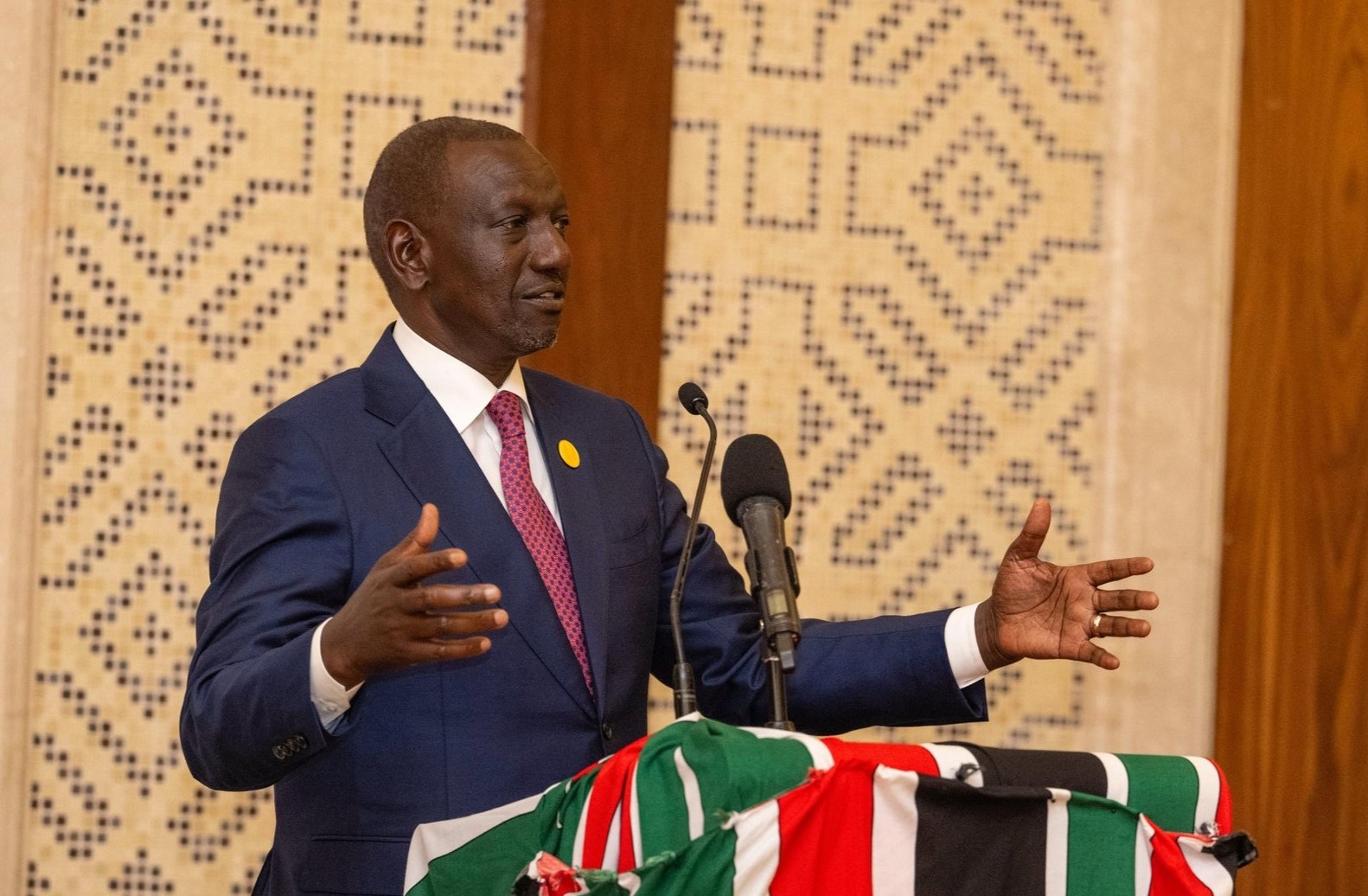Kenya should gradually upgrade its lab testing capabilities to improve trade with the rest of the world, State Department for Industry Principal Secretary Dr Juma Mukhwana has said.
Muhkwana called for investments in new technologies, enhancing local laboratory capacities, and providing the necessary training for local professionals.
“Innovation is essential if we are to remain competitive in a rapidly changing global marketplace,” he said when officially opening the All-Things Lab and Testing Expo (ATLT 2024), a three-day event in Nairobi.
“By improving the capabilities of our laboratories and testing facilities, we will create systems that supports industries across all sectors, from agriculture and food production to manufacturing and pharmaceuticals,” he said.
Through the expo theme of Facilitating Intra-Africa Trade through competent testing solutions, the event provided an opportunity for stakeholders to engage, learn and provide actionable views on improving the testing and diagnostics ecosystem in Kenya and Africa.
The expo cut across all sectors including agriculture, health, environment, mining, water, engineering, ICT, research and academia.
“This expo provides an excellent opportunity to examine the crucial role that testing plays in unlocking Africa’s trade potential and how it can be a powerful enabler of economic growth,” Mukhwana said.
He said the theme speaks to the agenda of enabling Africa to trade more effectively with itself by ensuring that the quality of products, from goods to services, meets the standards necessary for competitive participation in both regional and global markets.
“As our continent becomes increasingly interconnected, we must ensure that quality and safety standards are upheld across all sectors for trade to truly thrive,” he said.
The PS said competent testing solutions are key to ensuring that products moving across African borders are competitive, reliable, and compliant with both local and international standards.
“The role of testing is not merely technical; it is fundamental to the success of any business aiming to expand its reach beyond local markets. Testing solutions provide the confidence and trust needed in commerce, allowing products to flow freely across borders with assurance of quality,” he said.
Mukhwana urged Kenyan operators to seek accreditation from the Kenya National Accreditation Service (KENAS), saying that while accreditation is not mandatory, it is essential for ensuring recognition of services and certificates globally.
Speaking at the same event, Dr Walter Juma Ongeti, the KENAS CEO, said the ability to move goods and services across borders with minimal technical barriers to trade is paramount to realizing the full potential of initiatives like the African Continental Free Trade Area (AfCFTA).
“Central to this process is the role of conformity assessment services provided by testing laboratories and the attendant accreditation that gives the assurance that testing is done by bodies that are competent,” he said.
He said accreditation ensures that products moving across borders comply with international standards, thereby reducing the risk of non-tariff barriers that often hinder African products from competing in the global marketplace.
“For example, in the agricultural sector, sanitary and phytosanitary (SPS) measures are critical for the acceptance of food products in different markets. Without accredited testing, African farmers and agribusinesses face challenges in exporting their products due to concerns over compliance with safety standards,” Ongeti said.
He added that beyond agriculture, accreditation is vital for industries such as pharmaceuticals, engineering, and ICT, where safety, reliability, and quality are non-negotiable.
“Our work in strengthening accreditation systems is vital in creating a trusted environment where goods and services can move across borders seamlessly, with full compliance with international standards. By fostering a shared, credible quality infrastructure, we are paving the way for businesses, particularly small and medium enterprises (SMEs), to access new markets, reduce the cost of compliance, and enhance competitiveness on a regional and global scale,” he said.
On his side, Prof Ratemo Michieka, the chairperson at the ATLT Secretariat emphasized the need to start a serious dialogue about this important sector and improve the consistency of the continent’s testing products and services.
“We have not taken this sector seriously yet everything in life is about testing and measurements to arrive at standards that can be applicable anywhere in the world for even informed decision-making,” Michieka said, adding that the expo is the first of its kind in the continent seeking to bridge the existing gaps in the sector.














